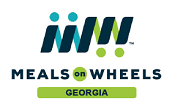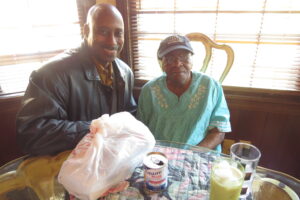
Keeping Georgia’s Seniors Safe during COVID-19 Pandemic
We have compiled a list of resources to help you stay informed and are sharing some of the innovative ways in which our member organizations
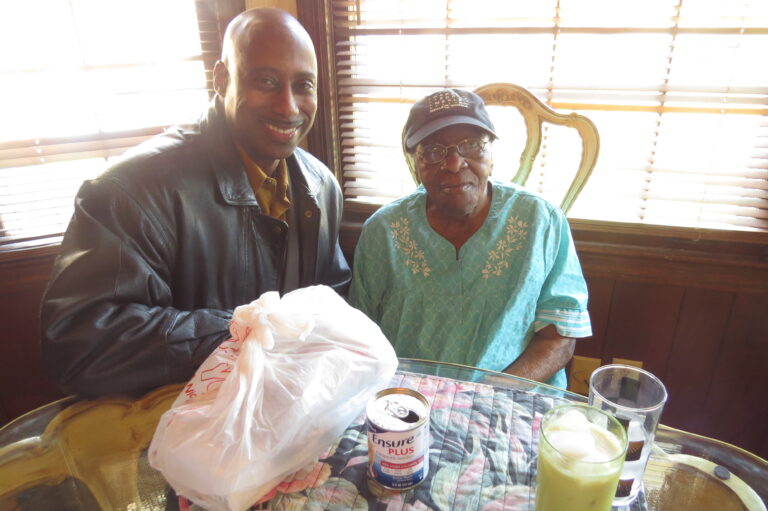
We have compiled a list of resources to help you stay informed and are sharing some of the innovative ways in which our member organizations have responded to the pandemic to support seniors so they remain safe and living a good quality of life.
As Georgia continues to struggle with the effects of the COVID-19 pandemic, Senior Nutrition organizations across Georgia have changed their operational models with agility and commitment to meet the increased demand for services. We are so proud of the way they have stepped up during these challenging circumstances to ensure that seniors have access to the healthy meals on which they depend.
As Essential Service Providers, our members quickly adapted their operations in order to ramp up vital services as the infection rates in Georgia were greater than the national average. Thanks to wonderful community support and emergency funding and to their incredible staff and volunteers, they have been able to meet demand which increased from 25% to 300% in local communities.
Here are some highlights of the creative and committed services they have provided since senior centers and other on-site programs and activities were forced to close in March, 2020.
• As an additional safety measure, most members altered service patterns to limit staff and consumer exposure and interaction while ensuring that no one missed a meal: they limited days of operation, prepared a smaller variety of meals, delivered meals in bulk on fewer days each week, and revamped delivery routes to serve more seniors with fewer volunteers.
• They developed outreach programs to serve existing consumers with in-home activities, meal delivery, and on-line recreational and educational programs.
• They enhanced already stringent sanitization in their facilities and vehicles. They have followed strict CDC guidelines for the health and safety of seniors, staff, and volunteers, including the issuance and rigorous use of gloves, masks and hand sanitizer.. This meant dividing staff into teams to limit exposure, having staff work from home where possible, and accommodating the needs of many older volunteers to shelter at home themselves.
• They developed Emergency Food Relief services to meet the dramatic increase in service requests due to rampant food insecurity brought on by the needs of seniors and medically-fragile individuals forced to shelter in place for months and the severe economic impact of COVID-19 on our communities..To meet those needs, our members developed a broad and inventive array of partners:
o Food banks from which boxes of groceries and paper supplies could be distributed
o Local foundations to support increased services
o Local government to reach new underserved communities
o Local caterers and restaurants to develop special meals
o Local businesses to provide support and funding
o Student organizations to serve as volunteers
o USDA’s Farmers to Families food box program
o Hospitals and health systems to provide meals to patients who had been hospitalized with COVID-19 and were released or still in treatment.
o Urgent care clinics to provide medically-tailored meals for those receiving treatment at their facilities.
• They developed volunteer and staff programs to grocery shop and deliver food and supplies to homebound seniors.
• Volunteer programs were established to telephone seniors to befriend and check on isolated seniors, with training to detect times when staff assistance is needed
• Safety checks are being conducted by health care staff for seniors who suffer from chronic illnesses and conditions.
• Crisis intervention services and information via telephone are being provided for seniors and the community.
• They publish information on how to stay safe and healthy during the pandemic to all consumers and the general public
• Our members are serving on community planning groups for local government and senior service organizations to develop prevention and mitigation plans.
• They recruited young volunteers to step up when senior adult volunteers had to shelter in place.
• Member organizations which prepare meals for distribution by other nutrition providers expanded their services to rural areas to bring high-quality frozen and shelf stable meals.
We encourage concerned individuals to follow state and local health department communications for the best information and accurate instructions for each unique community.


We have compiled a list of resources to help you stay informed and are sharing some of the innovative ways in which our member organizations
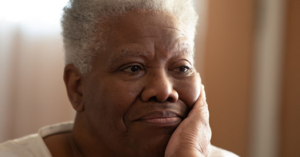
Amid the COVID-19 crisis, it is paramount that our leaders in Washington work expediently to reach a bipartisan compromise that will alleviate some of the
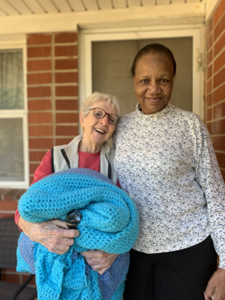
Below was taken from Red&Black article entitled Photos: “ACCA combats seniors’ social isolation in COVID-19” — dated July 31, 2020 “Throughout COVID-19, the Athens Community
